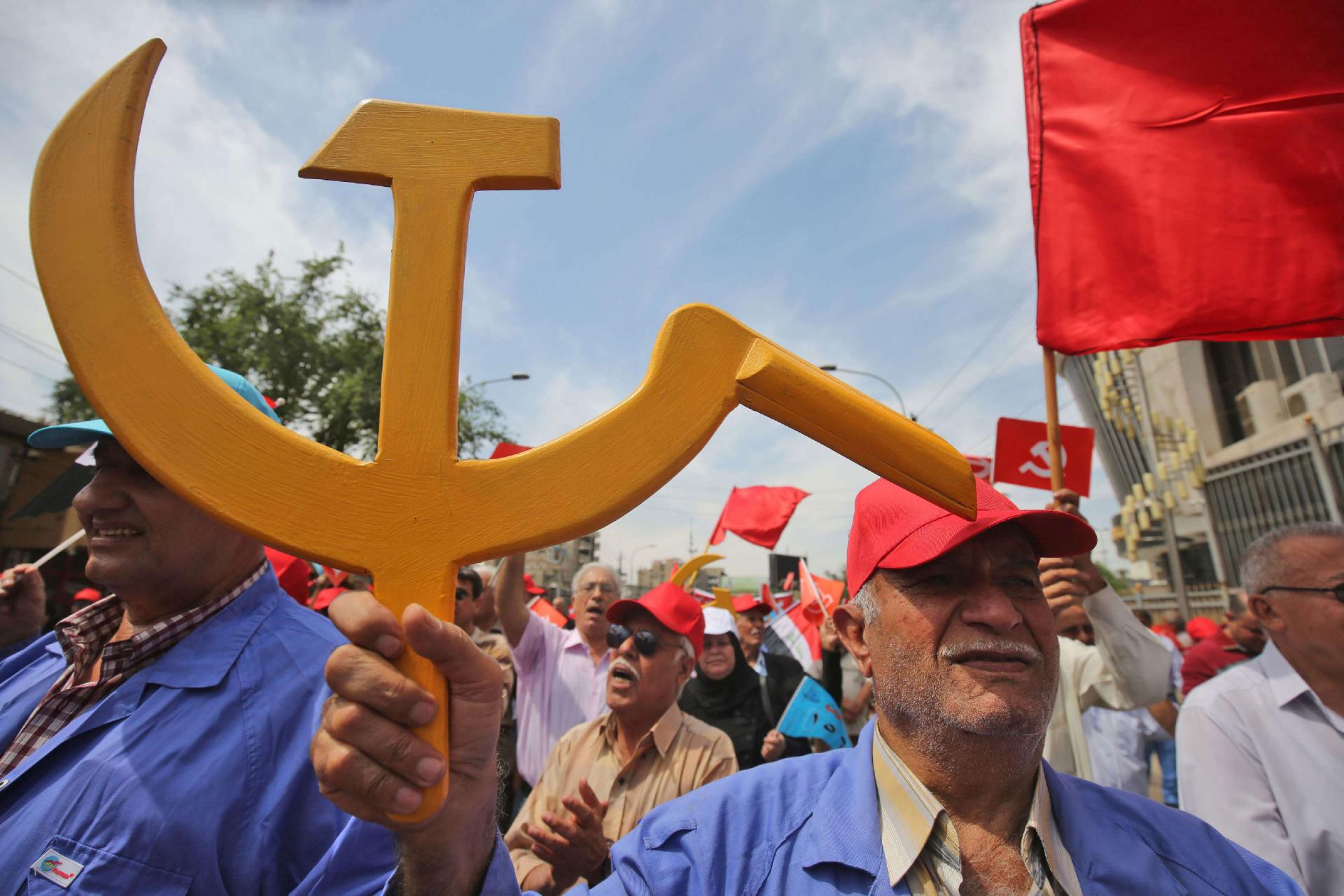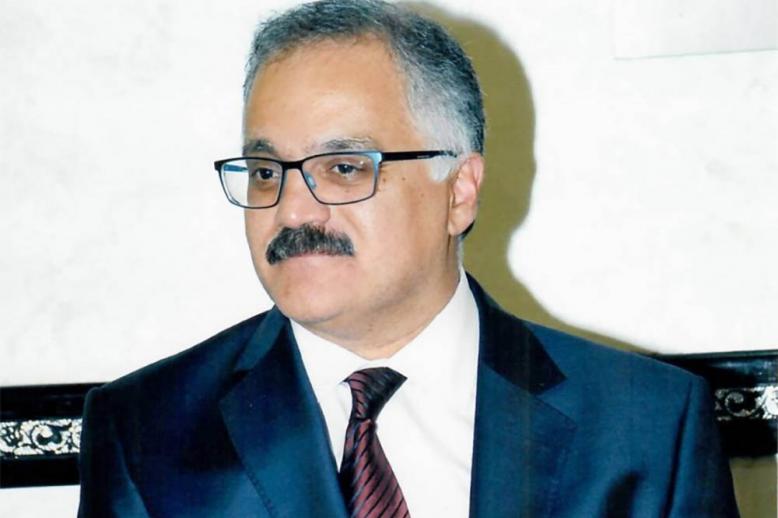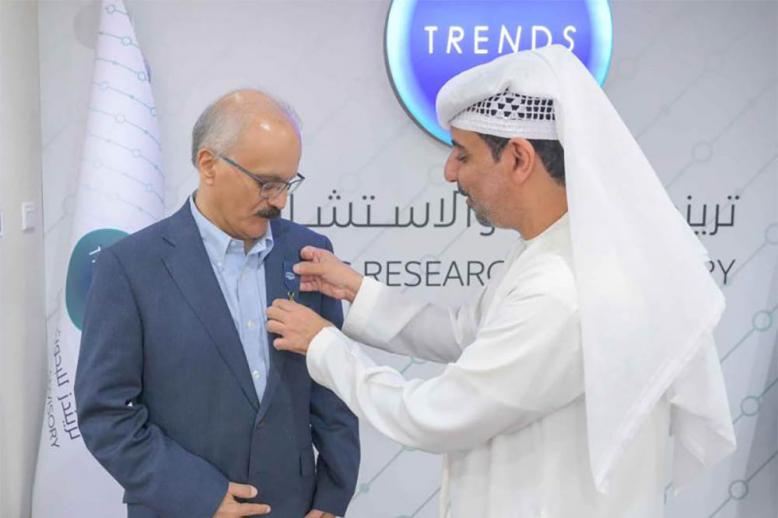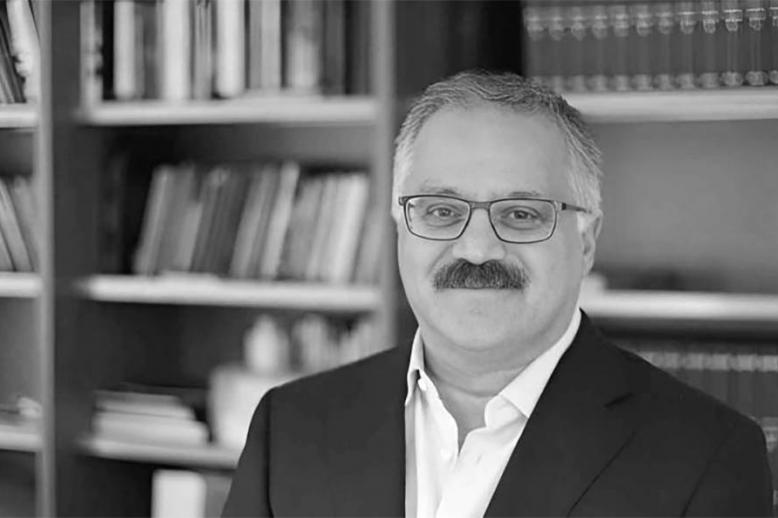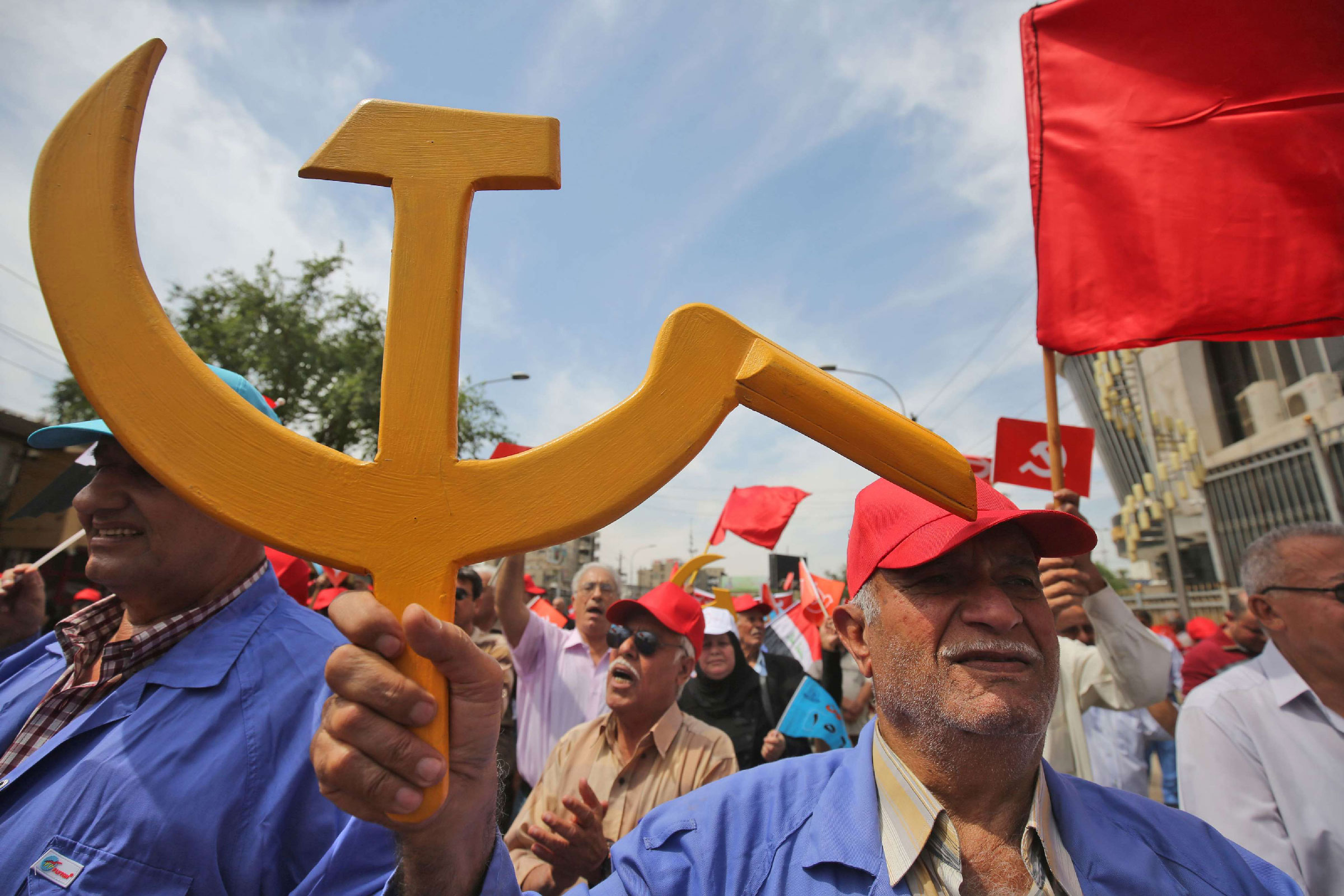Sadr-Amiri alliance pushes Iraqi Communist Party to the margins
Much ink has been spilt over the 54-seat victory scored by the Sadrist Iraqi Communist Party (ICP) alliance but the floodlight of its success is dimming. Days after populist partner Muqtada al-Sadr entered an alliance with Badr Brigades militia commander Hadi al-Amiri, head of the Fatih bloc, the role of the ICP is in question.
An al-Sadr-Badr alliance brings together two former outlaws and rivals, promising an end to Iraq’s suffering and the political muhassassa system (ethno-sectarianism) that institutionalised and politicised religion and sect.
This comes after a ballot box warehouse mysteriously caught fire and devoured important ballots citizens cast last month.
No solution to the problem has been presented by Iraqi Prime Minister Haider al-Abadi while leading blocs make inroads.
The announcement causes greater strain for the United States in its unravelling friendship with Baghdad. The political posture of these militiamen, aligned either against Washington or Iraq’s Sunni population, is particularly unnerving the Trump administration.
Al-Sadr stressed the nationalist substance of his newfound alliance, offered lofty assurances and called others to join. By default, al-Sadr’s communist partners, occupying two parliamentary seats, are part of the alliance.
ICP Secretary Raid Fahmi told broadcaster Al Iraqiya that an al-Sadr-Amiri merger “does not come as a surprise.” Fahmi spoke comfortably about the inclusion of Iran’s strongest proxy outfit in the new government.
“There have been conversations, exchanges and talks with Fatih bloc… but the timing was sped up,” Fahmi added.
Fahmi advised observers to look beyond the “shape, composition and seat allocations of the new government,” which he promised would bring forward “a political reform programme,” and to focus on “the foundations that the government is built on” as what counts.
An inescapable concern unaddressed by leaders of the alliance, both al-Sadr and Fahmi, is whether Iraq’s security forces will kowtow to an Iran-dominated chain of command that the Fatih bloc populates.
Predictions of a militia-populated parliament may be realised in behind-the-scenes political wrangling.
Lest observers forget, Abadi hand-picked Qasim al-Araji, a former senior Badr Brigade militant who fought with Iran against his Iraq in the 1980s, to head Iraq’s interior ministry.
Whatever the outcome is, the result could see more of Iraq — its sectors, ministries and resources — absorbed into Iran’s hegemonic realm. Without a united stance against Iran, the ICP is likely to be added to the mix. If it contests, it’s likely to be given the boot.
Iran, as things stand, is the winning powerhouse.
Senior analyst at the Iraqi Foreign Relations Bureau Ahmad Mahmoud said the militia alliance is a reassertion of the status quo of an Iran-controlled Baghdad-seated government. “The application of the myth of a moderate versus hardline, which Iran tactfully uses, to pressure America to accept [its] political arrangement,” Mahmoud said. As for the ICP, “[it] will be marginal to the formula.”
An al-Sadr-Badr alliance, Mahmoud said, underscores Iranian primacy but even before that “the communists were ready to accept the role set by the Americans by becoming Sairoon’s posterchild.”
Al-Sadr’s unhesitant alignment with actors he has spoken critically about in the past comes as a sure sign of the unqualified cleric’s shrinking confidence to deliver on his “Iraq first” pledge.
Ali Khedery, a former adviser to US ambassadors to Baghdad, described on Twitter the outcome as “another strategic victory for Iran’s [Qassem] Soleimani” — commander of al-Quds Force, the overseas wing of Iran’s Islamic Revolutionary Guard Corps. His prediction is that “[America’s] troops will soon be evicted, our embassy crippled. Iran is consolidating its grip across its crescent.”
The fallout can be traced to the United States’ fumbling policies and, above all else, the dissolution of Iraq’s centralised army, which, much to the chagrin of sectarian entrepreneurs, presented an opportunity for the militia to pounce into the political realm in 2003. The paramilitaries that grew into existence have grown in size and strength.
Mosul’s conquest in June 2014 by the Islamic State and subsequent victories represent the point of no return, in which paramilitaries are formally integrated into the Iraqi security apparatus and enter Iraq’s May elections, coming in second after Sairoon.
The question regarding the ICP’s role is whether it will revert to a state of quiescence and accept Iran’s dominance over key ministerial institutions, which others may view as a feeble effort to maintain good relations with the actors whose policies it promises to challenge.
Such an approach disregards ICP’s long history of speaking truth in the face of dictatorial regimes and their onslaught on innocents.
For now, the ICP is likely to enter the political process but its ability to effect change remains in doubt.

